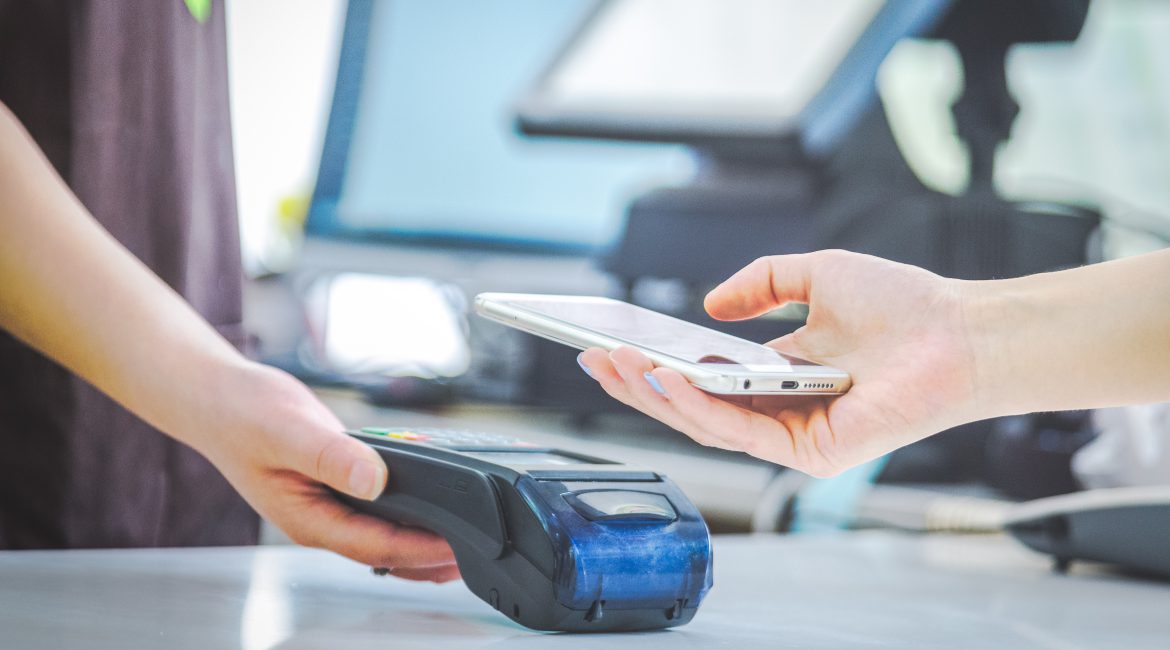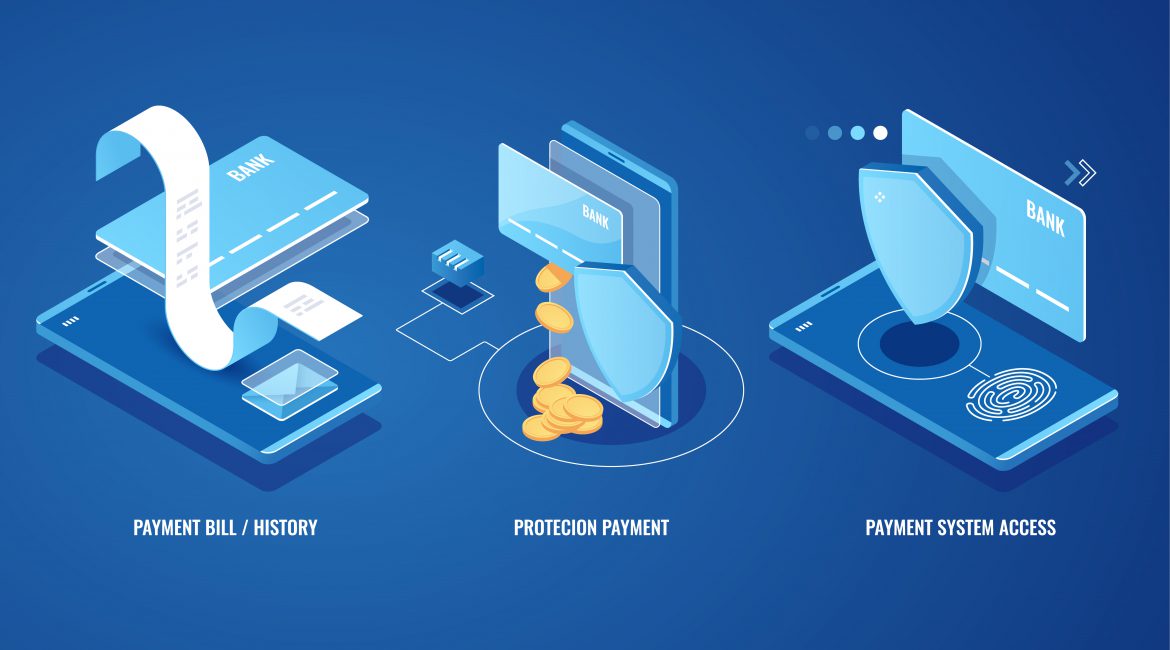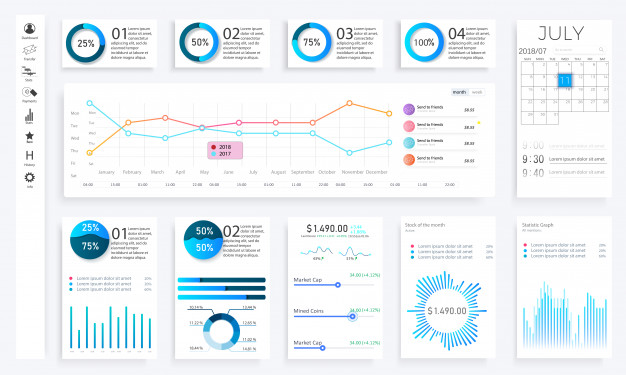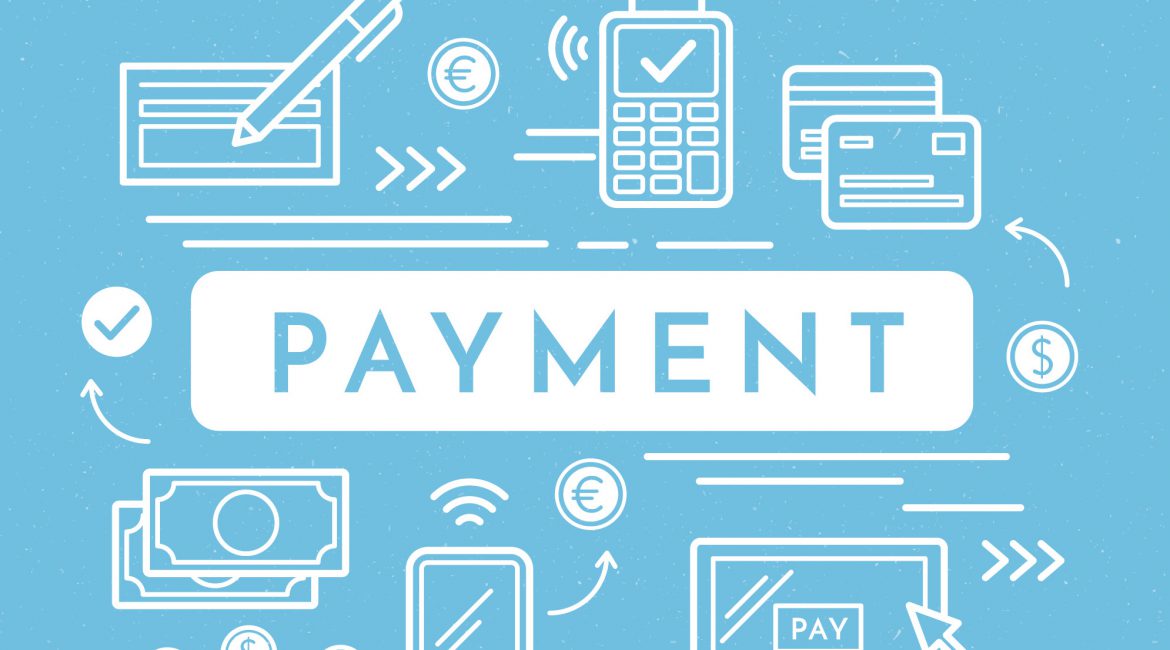The C2C (Consumer-to-Consumer) business model involves transactions between two consumers. This type of commerce is typical of intermediary auction websites such as eBay, Etsy and Craigslist, but the site does not take responsibility for the quality of the products. In C2C transactions, prices are negotiable and the purchasing process is...
SHOPPING CART ABANDONMENT
Shopping cart abandonment refers to a website or mobile app visitors who add items to their online shopping cart, but exit without completing the purchase. In foreign markets, there may be various reasons for this phenomenon including unfamiliar payment methods, a long checkout form, and unexpected additional charges (such as...
SMART PAYMENT ROUTING
One of the challenges of cross-border e-commerce is payment processing in foreign locations. While in your native market, your local payments processor may have provided excellent results, in other locations the same entity might be inefficient and costly. An advanced payment platform reroutes transactions in real time to the optimal...
SMART DATA
Smart data refers to information that your systems have gathered about your sales, customer shopping habits and payments. Ecommerce businesses that accept payments aggregate large amounts of data which can provide crucial insights into ways to improve customer experiences, consumer services and business strategy. Using this kind of data, you...
SEO OPTIMIZATION
Search engine optimization (SEO) is the practice of increasing the quantity and quality of traffic to your website through organic search engine results. The most popular search engine used daily on the Internet is Google. Organic promotion enables users seeking your services to find your brand more easily. Effective organic...
PCI COMPLIANCE
PCI compliance requires meeting standards connected to the Payment Card Industry Data Security Standard (PCI DSS) which was compiled by major credit card companies such as Visa, MasterCard, Discover, and American Express. Merchants that handle cardholder information must maintain PCI compliance or be penalized by the companies responsible for creating...
PAYMENT PLATFORM
An all-in-one advanced payment platform handles an enterprise’s payment needs from start to finish regardless of whether the business is high or low risk, large or small, online or in-store. The payment platform provides gateway services, credit card processing, cross-border payments and other features to streamline payment processes at every...
ONLINE PAYMENT METHOD
An online payment method refers to the way that a buyer pays for services or products on a website or mobile app. Typical online payment methods used today include credit and debit cards, online payment services such as PayPal, alternative payment methods, and various e-wallets. Due to the fact that...
OMNICHANNEL RETAIL
Omnichannel retail refers to the use of a variety of sales channels in a customer's shopping experience. This multi-channel may include physical stores, online stores, mobile apps, telephone sales and any other method of engaging with a buyer. Customers’ omnichannel experiences may vary: For example, sometimes the consumer will compare...
MOBILE PAYMENTS
With the widespread use of smartphones worldwide, payments are becoming an inseparable part of the mobile shopping experience. In some unbanked countries, like India and Africa, alternative mobile payments have replaced traditional banking services. Other countries, like China, have developed unique mobile apps such as WeChat, that enable social...










